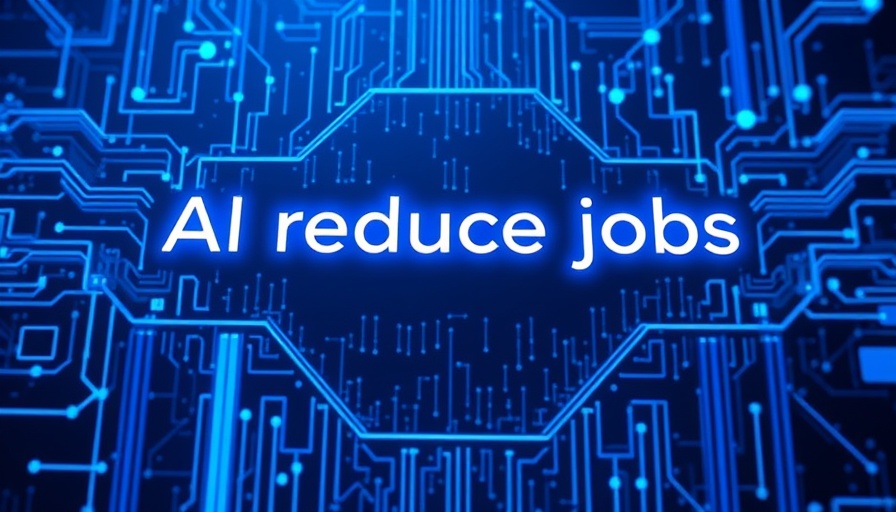
The Rise of AI and Its Impact on Jobs
In recent years, the integration of artificial intelligence (AI) into the workforce has become a topic of immense interest and concern. A staggering report from McKinsey in 2023 predicted that generative AI (GenAI) could automate between 60% to 70% of employee workloads. This statistic serves not only as a wake-up call for workers but also as a clear signal of the seismic shifts taking place across industries.
How Fast is AI Replacing Jobs?
The trickle of layoffs caused by AI has rapidly expanded, as demonstrated by nearly 4,000 job cuts linked to automation in May 2023 alone. This urgent trend is widely recognized by experts. To illustrate, OpenAI estimates that a remarkable 80% of American workers may find at least 10% of their tasks significantly affected by large language models (LLMs).
Which Jobs are Most at Risk?
Understanding which roles are most vulnerable to AI replacement is crucial for anyone considering their career path. Job positions that primarily involve predictable, rule-based tasks—such as bookkeeping, data entry, and warehouse sorting—are at high risk. Additionally, sectors like customer service, where AI chatbots can efficiently handle queries, are seeing a swift transition away from human staff. From market research analysts to paralegals, the list of positions likely to face automation is extensive and varied.
Future Trends in the Workforce
The question now isn’t merely whether AI will replace jobs, but rather how deeply this technology will transform industries and employee roles. While many traditional jobs are disappearing, it’s essential to spotlight the emergence of new opportunities that demand a different set of skills. Roles focused on creativity, emotional intelligence, and complex decision-making are less susceptible to AI automation.
Equipping Yourself for an AI-Powered Future
If you’re concerned about the threat of AI job loss, fear not. There are paths forward that can help secure your place in the evolving job market. By investing in skills relevant to AI collaboration, critical thinking, and technology-based problem-solving, workers can better position themselves for success. Emphasizing the human aspects of work—those unique abilities that machines cannot replicate—is key in an AI-driven world.
The Human Element: Creativity and Emotional Intelligence
While AI can outperform humans in data-heavy roles, it still struggles with originality and emotional nuance. This imperative keeps certain professions, such as those in the arts, counseling, and education, robust. The human experience—captured through creativity and personal interaction—cannot be mimicked by machines. Understanding this can be liberating for those worried about their careers amidst the rise of AI.
Emotional Resonance: How Workers Feel About AI
When considering job security in the face of AI advancements, it’s crucial to acknowledge the emotional landscape of workers. Many experience anxiety or fear about their roles becoming redundant. However, acknowledging this fear and proactively seeking skills and opportunities that align with AI technology may provide reassurance and confidence for a more secure future.
Final Thoughts: Steps You Can Take
With the rapid advancements in AI, individuals must reflect on their current skillsets. Seeking further education or training in areas that align with technology-driven job markets is a smart step towards future-proofing your career. Networking within your industry and continuously developing your personal brand can also provide strategic advantages in a landscape that is constantly evolving. Embrace the change, and you may lead the charge rather than be caught in the tide.
In conclusion, while the rise of AI brings challenges to the job market, it also offers opportunities for growth and transformation. Equip yourself with the right skills and a positive mindset to adapt in this changing environment.
 Add Row
Add Row  Add
Add 




 Add Row
Add Row  Add
Add 

Write A Comment